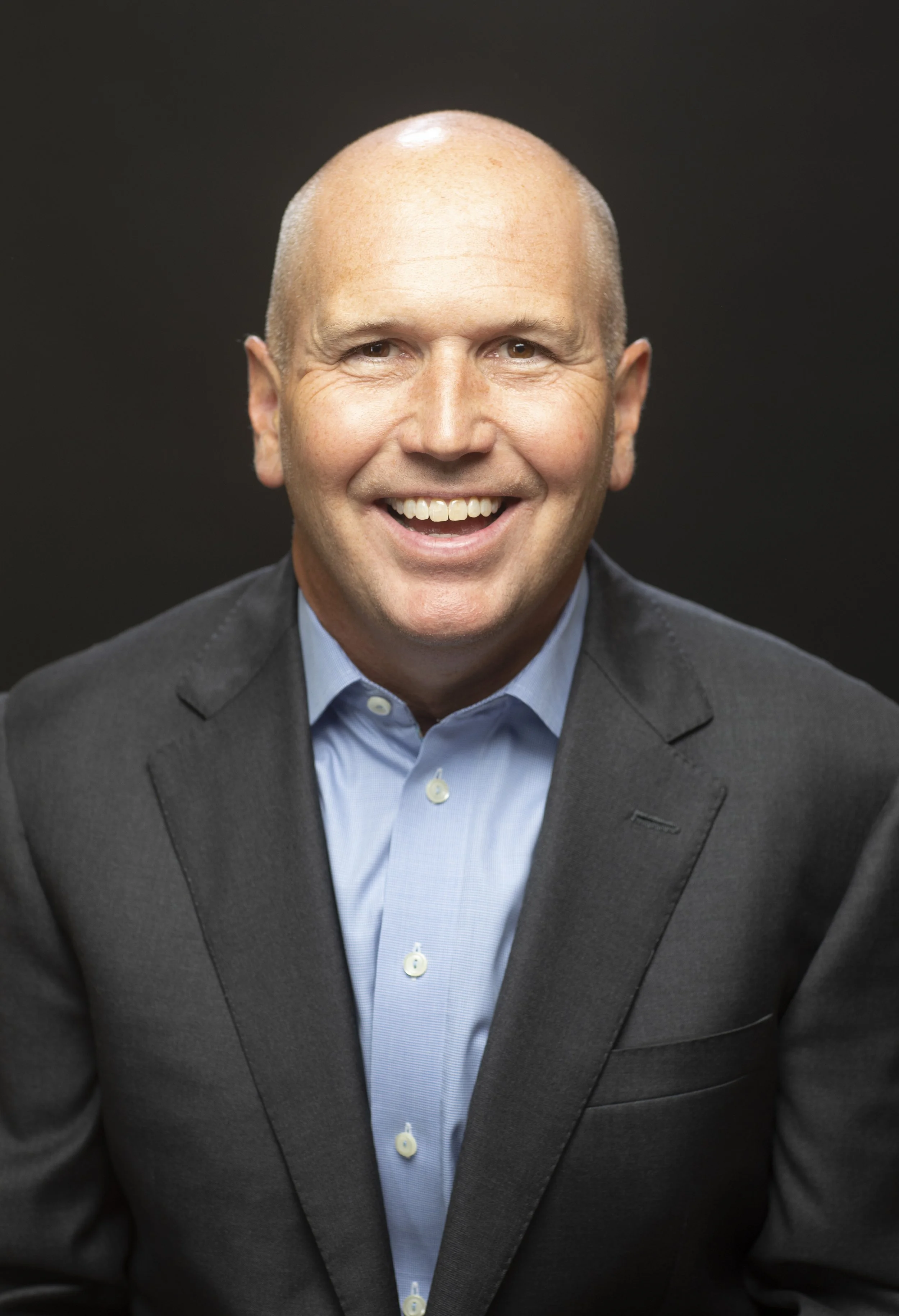This post is part of my subseries on how organizations can transform leadership development for women, as described through the eyes of experts as well as women’s lived experiences, and where gaps remain. Each of the posts from these subseries are pulled together from interviews. Direct quotes are notated in italics and/or offset. There was no conflict of interest to disclose with this interview. The author of this post did not receive any financial benefit or compensation from conducting or writing this interview.
In this interview, I explore the changing landscape of parenthood and how this helps retain women in leadership, with Paul Sullivan. After 25 years as a journalist, including 13 years as a columnist for the New York Times, Paul Sullivan founded The Company of Dads, a platform aimed at “Lead Dads” – men who are the “go-to” parents whether they work full-time, part-time, or devote all their time to their families. The company was born out of his own experience being a Lead Dad to his three daughters and his wife, who runs her own business. In his Lead Dad role, he was the go-to parent who managed playdates, doctors’ appointments, and birthday parties so his wife could focus on growing her business.
What Defines a Lead Dad?
In a world where gender roles are constantly evolving, redefining parenting dynamics is more crucial than ever, especially when it comes to addressing a major barrier to retaining women in leadership roles. The term "Lead Dads" challenges traditional stereotypes, where men who take an active role in parenting have historically been ridiculed as "house husbands" or "Mr. Mom."
Sullivan's mission is to normalize this role, emphasizing that men can and should be fully engaged parents and in doing so they can support working moms at home and in the workplace.
The Evolution of Becoming a Lead Dad
Like any significant change in life becoming a Lead Dad for a family is not an overnight transformation. It requires unlearning traditional gender roles and challenging societal expectations.
In his personal journey, Sullivan admitted to making mistakes along the way. For instance, he recalls during his first paternity leave, “it was maybe two weeks, and I was checking email and I just didn't have a concept for how to do it. But by my third paternity leave eight years later, it was much different. It’s one of the things we now stress at The Company of Dads – that this is a learning opportunity. This is an iterative process.”
Redefining Gender Roles Together
Sullivan highlighted the importance of couples working together to redefine their roles as they become parents. Just as women often have to unlearn societal expectations to succeed in their careers and leadership roles, men also need to unlearn traditional masculine roles that may limit their involvement in parenting. “A woman I greatly admire, Eve Rodsky, talks about the ‘she-fault’ parent,” he said. “Often, it’s working moms who default to being the lead parent. We use the term Lead Dad intentionally - not primary and secondary parent – it’s the go-to parent.”
When individuals work together to redefine who they want to become as a parent, and what works for them, there is a realization that they don’t have to follow gender norms that don’t work for them. Instead, they can ask broader questions, such as:
- Who do I want to be as a parent and who do I want to be as a partner?
- What is important to me and what is important to us as a unit?
- What old, socialized structures don’t serve us well and what can we do instead?
Challenges Faced by Lead Dads
While Lead Dads represent a growing demographic, they face several challenges:
1. Lack of Access: Lead Dads often find themselves excluded from social networks and information sources primarily designed for moms, such as Facebook mom groups. This exclusion can be isolating and hinder their ability to access essential parenting information.
This is not unlike the parallel process of women’s experiences in leadership where they feel left out of social networks, such as golf outings or happy hour meet-ups where business discussions occur outside of formal meetings.
2. Workplace Resistance: Lead Dads who work full or part-time may encounter resistance from senior management who hold outdated beliefs about gender roles. This resistance can manifest as skepticism about taking time off for parenting responsibilities. According to Paul, resistance includes comments from senior leaders such as, “I got to this level, and I missed out on all of these things in my child's life. Why do you want to leave early? Why can't your wife pick up the kids?” It perpetuates the status quo and stereotypes about who is (and gets to be) the lead parent.
3. Cultural Stigma: Sullivan also highlighted the cultural link between masculinity and money, emphasizing the need to challenge these constructs to foster change. “There’s this link in society between masculinity and money – that we men need to see ourselves as the breadwinner,” he said. “That can be at odds with parenting, particularly if our spouse or partner earns more than we do.”
Empowering Emerging Leaders for Change
Sullivan believes that change starts in the middle, with emerging leaders who are closer in age and experience to the people who report to them. These leaders have the potential to reshape the future of work by challenging outdated norms and advocating for a more balanced approach to parenting and work.
Supporting Women in Leadership Through Lead Dads
Sullivan emphasized that supporting Lead Dads is not just another benefit for men. Instead, it creates a more inclusive work environment that benefits everyone, including women in leadership roles.
By normalizing parental leave for both men and women, companies can help retain top female talent. One example is how companies are managing the post-pandemic requirements to return to work (in person vs. remote) five days a week.
While the current discussion in popular media is focused on the effect this is having on retaining talented women in leadership, Sullivan notes that this is of concern to anyone who is a parent or caregiver. Many people, regardless of gender, want to have a more balanced life that refocuses time on family in addition to work.
The Power of Care Days
One of the suggestions put forth by Sullivan is the concept of "care days." These days are distinct from other types of leave and recognize the importance of caring for loved ones. By providing care days, organizations encourage open conversations about caregiving responsibilities, making it easier for both men and women to balance care crises that come up.
Conclusion: Changing the Conversation
By normalizing the role of Lead Dads and creating supportive workplace policies, we can help both men and women thrive in their careers and as parents. It's a way to change the conversation, challenge traditional gender roles, and create a more equitable and inclusive future for all.
Mira Brancu is co-author of the Millennials’ Guide to Workplace Politics, which includes tips like those above and more.
This blog was originally published on Psychology Today on 10/06/23. All rights reserved, Copyright 2022 Mira Brancu/Towerscope.

